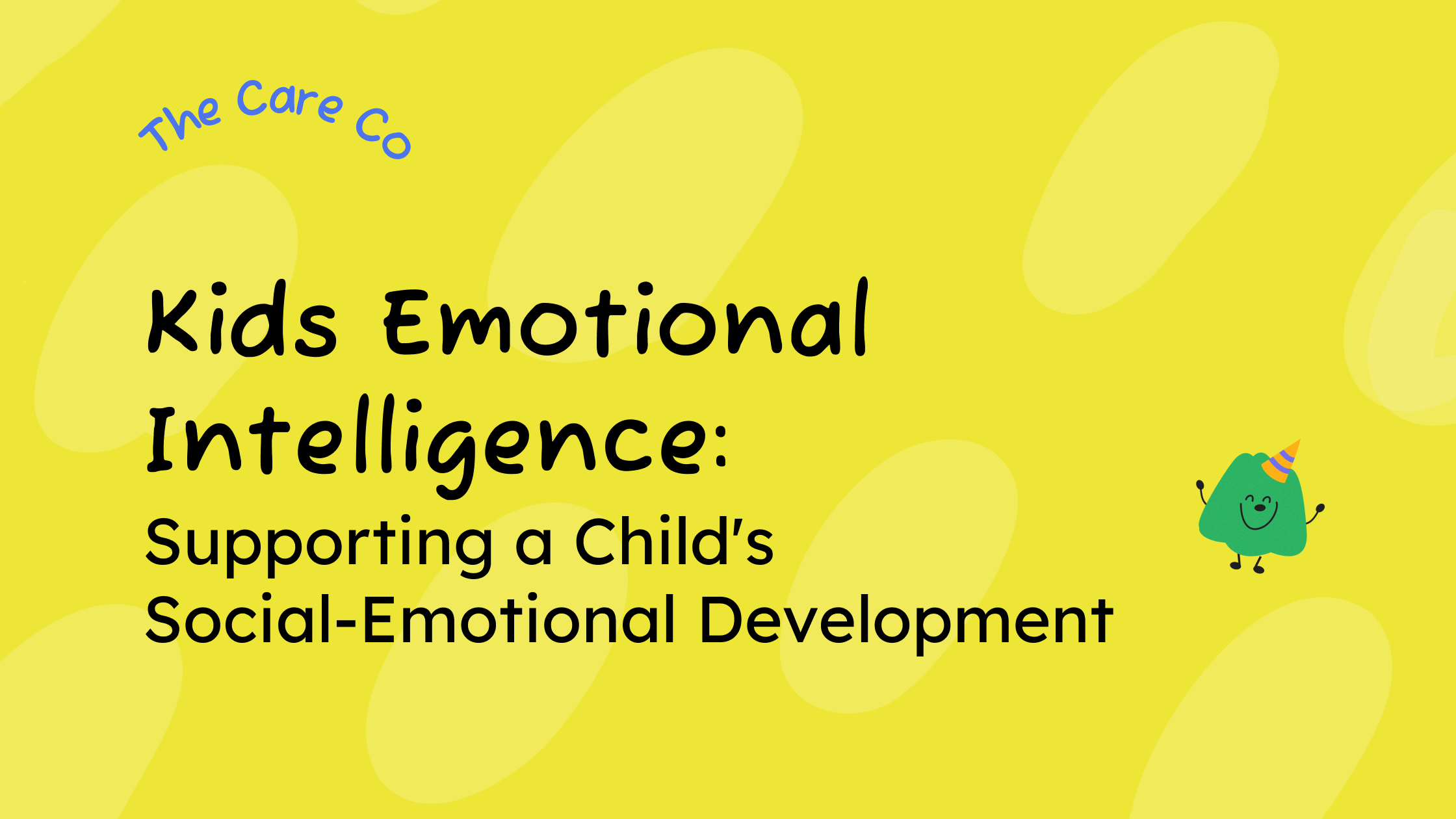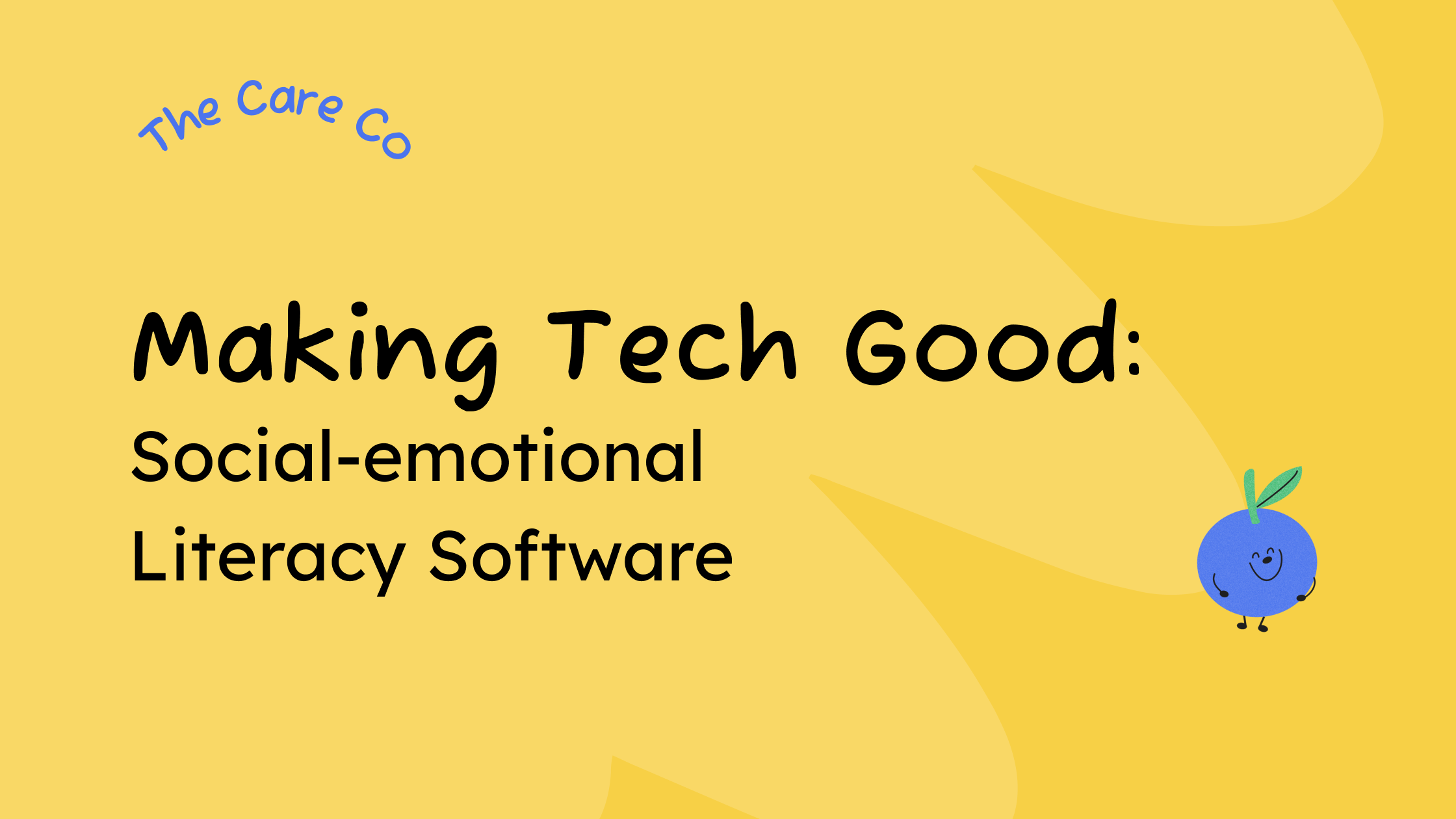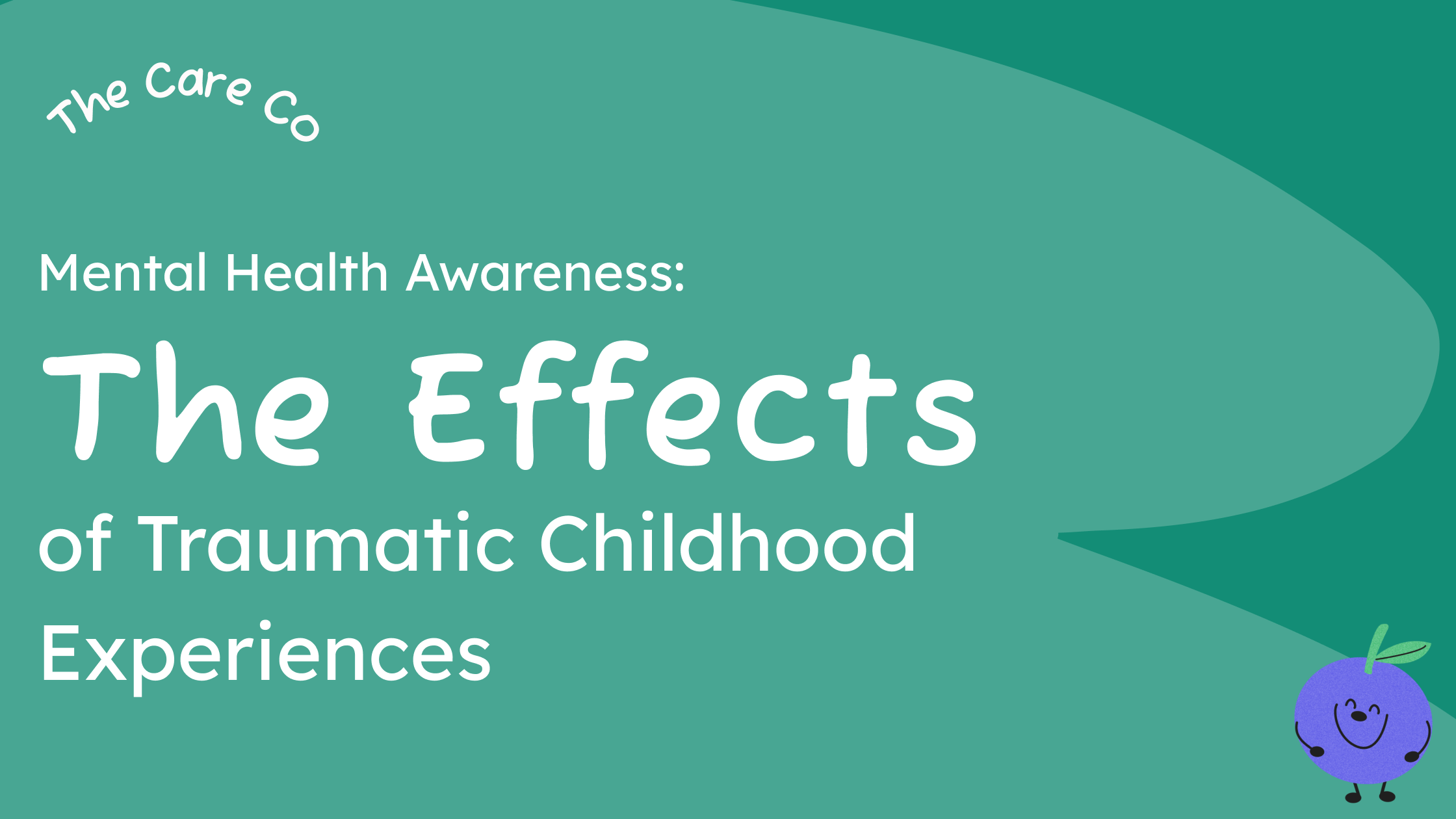Kids Emotional Intelligence: Supporting a Child's Social-Emotional Development

Let’s get straight to it — the early years of a child's life are like a magic window of development. It’s a time when they explore their world, form their first relationships, and begin to understand their emotions. It’s the period where the foundations of social-emotional development are laid.
Peeling back the layers of early childhood development, we're going to delve into the importance of social-emotional growth, the stages involved, and how you can support this crucial aspect of your child's upbringing. So, are you ready to set the stage for your child’s lifelong well-being? Let’s dive in!
Understanding the Importance of Social-Emotional Intelligence
For new parents, caregivers, or even seasoned ones, the concept of social-emotional development might seem elusive. However, it's a critical component of overall child development. Here's why we strongly advocate for early emphasis on social-emotional growth:
- It forms the foundation for healthy relationships.
- It fosters self-awareness and emotional intelligence.
- It shapes a child's attitude towards learning and problem-solving.
The Stages of Social-Emotional Development in Childhood
Social-emotional development isn't an overnight process. It's a journey that unfolds gradually. Here are the broad stages that we typically see in early childhood:
- Infancy (0-1 year): Babies start to form bonds of trust with caregivers, express basic emotions, and respond to social interactions.
- Toddlerhood (1-3 years): Toddlers begin to display a range of emotions, understand others' feelings, develop self-awareness, and start to learn self-regulation.
- Preschool (3-5 years): Preschoolers start to understand social rules, show empathy, manage emotions better, and form more complex relationships.
Nurturing Growth: How to Support Social-Emotional Learning
Supporting your child's social-emotional development doesn't require elaborate plans or resources. It's about being present, responsive, and intentional. Here are some strategies we recommend:
- Form Secure Attachments: Be responsive to your child's needs. This builds trust, a sense of security, and forms the basis for future relationships.
- Encourage Expression of Emotions: Let your child know it's okay to express their feelings, whether they're happy, sad, or frustrated. Validate their emotions and guide them to appropriate responses.
- Model Healthy Social Behaviour: Show them how to treat others with kindness and respect. Children often learn social cues from the adults around them.
- Teach Emotional Literacy: Help your child understand and name their emotions. Books and games can be effective tools for this.
The Ripple Effect: Long-term Benefits of Social-Emotional Development
The impact of fostering social-emotional development in early childhood doesn't end when they start school. In fact, it creates a ripple effect that can be seen throughout a child's life. Children with strong social-emotional skills tend to form healthier relationships, perform better academically, and navigate life's challenges more effectively.
Embracing the Journey: The Road to Social-Emotional Development
The journey towards supporting your child's social-emotional development may seem daunting, but it's a rewarding adventure. Remember, every child is unique and develops at their own pace. Your role is to provide a nurturing environment, be a guiding light, and celebrate every little milestone.
As we always say, don’t hesitate to reach out for help when you need it. Whether it's fellow parents, educators.

